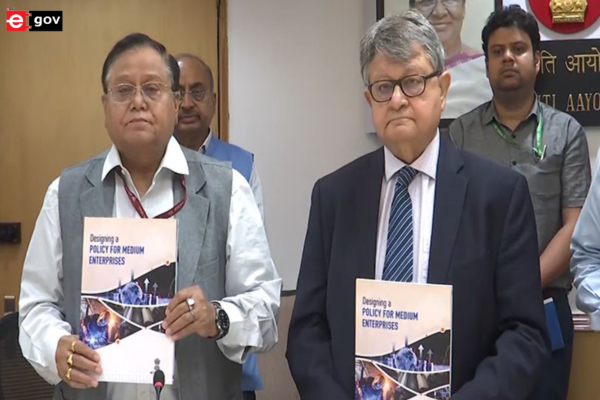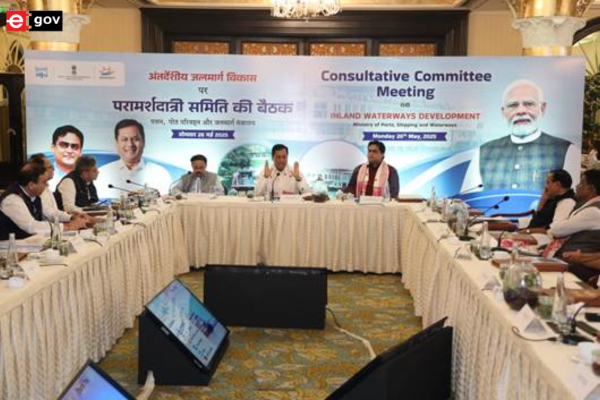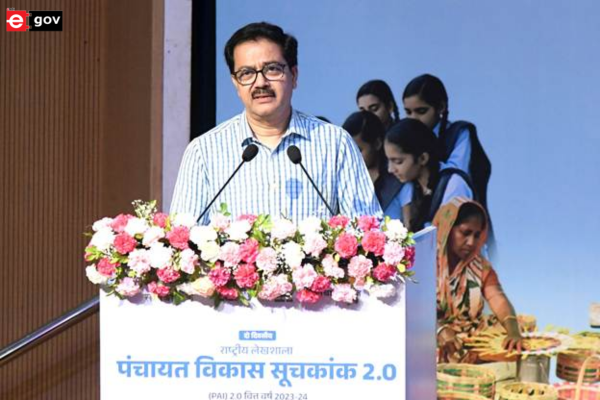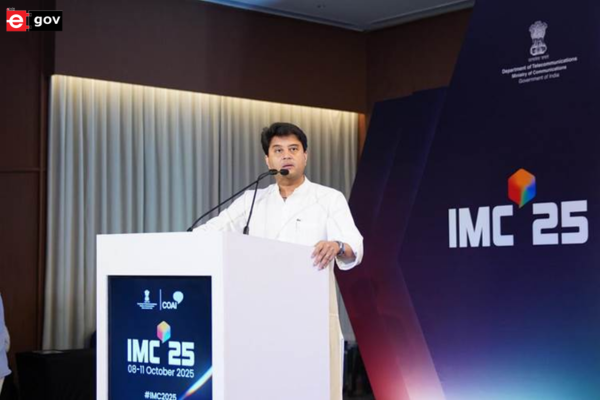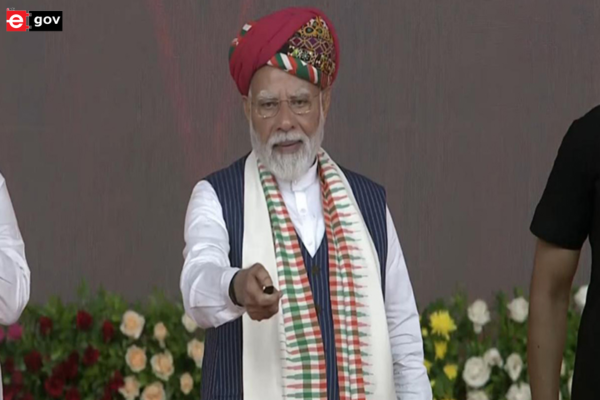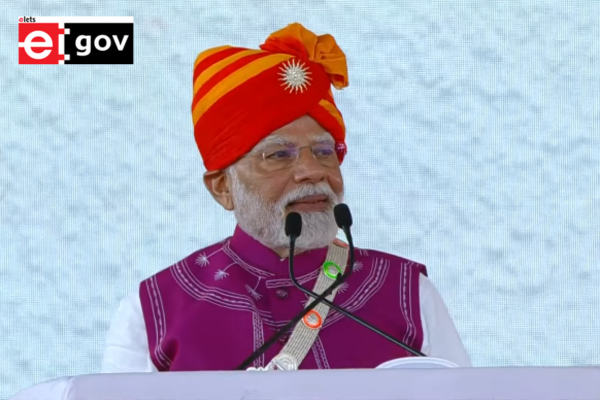
The Indian government is poised to implement transformative reforms in the insurance sector, which include permitting 100% foreign direct investment (FDI) and introducing more flexible regulations for insurance agents. These measures are part of the proposed Insurance Amendment Bill, expected to be tabled during the winter session of Parliament. The primary objective of these reforms is to attract substantial international investment, increase competition, and enhance insurance penetration in the country.
Currently, the FDI cap for insurance companies stands at 74%. The proposed removal of this ceiling is designed to enable global insurance giants to establish independent operations in India, thereby infusing the market with greater capital and expertise. The legislation also introduces a significant change for insurance agents, allowing them to represent multiple insurers. Under existing regulations, agents can partner with only one life insurance company and one general insurer. By lifting this restriction, the government aims to simplify the distribution of insurance products and provide consumers with a broader range of options.

India’s insurance penetration rate remains relatively low, at approximately 4%, underscoring the need for strategic interventions to bolster the sector. The country’s insurance market comprises around 24 life insurance companies, 26 general insurance firms, and six standalone health insurance providers, with the General Insurance Corporation serving as the sole reinsurer. The proposed legislative changes are expected to facilitate the entry of new companies into the market and empower agents to sell life and general insurance products, thus contributing to broader and more effective market coverage.

The reforms could also trigger a wave of restructuring within the industry. For instance, Allianz, a prominent global insurer currently partnered with Bajaj Finserv, may consider establishing an independent presence in India if the FDI regulations are eased. The government recognises that leading domestic players, such as SBI, ICICI, HDFC Bank, the Tatas, and the Birlas, already have a strong foothold in the sector. Given that life insurance is characterized by long-term investments and high capital requirements, the government anticipates that few new domestic entrants will have the financial resources to make significant inroads.

Furthermore, the Insurance Regulatory and Development Authority of India (IRDAI) has proposed additional amendments to further streamline the sector. These include the introduction of composite licenses, which would allow insurance companies to offer both life and non-life products. State-owned Life Insurance Corporation of India and other major players stand to benefit from this reform, as it would enable them to diversify and expand their product offerings. The bill also proposes easing solvency requirements, which would free up capital for insurers and enhance their operational flexibility.

Be a part of history! Express your interest and get featured in our exclusive souvenir, launching at the Bengaluru Tech Summit.
Be a part of Elets Collaborative Initiatives. Join Us for Upcoming Events and explore business opportunities. Like us on Facebook , connect with us on LinkedIn and follow us on Twitter, Instagram.
"Exciting news! Elets technomedia is now on WhatsApp Channels Subscribe today by clicking the link and stay updated with the latest insights!" Click here!







